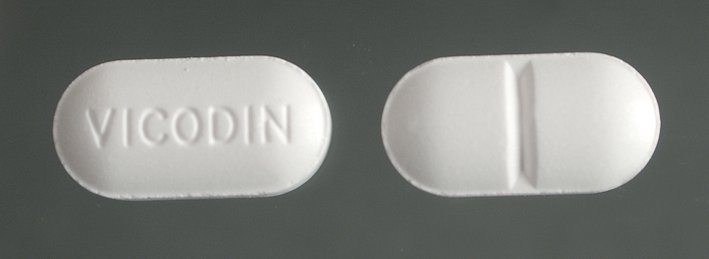‘Dopesick’ author Beth Macy recommends the best books on opioid epidemic
Beth Macy – the writer of Dopesick: Dealers, Doctors & the Drug Company that Addicted America – visited Lake County earlier this month to discuss the opioid crisis that has wounded our nation.
Every day, more than 115 people die in the United States after overdosing on opioids. And Ohio has been disproportionately stricken. In 2017, it had the second-highest percentage of overdose deaths per population, second only to West Virginia.
However, there are resources available both to those suffering from addiction and their loved ones.
You can also deter people from abusing opioid medication by safely disposing of your excess prescription drugs. Mentor Public Library offers free Deterra bags, which do just that. The Deterra bags are available at the circulation desks of each of our branches. You can get one today.
In addition to speaking, Macy was kind enough to suggest other books (both fiction and nonfiction) that address the opioid epidemic. She recommends:
- The Big Fix: Hope After Heroin by Tracey Helton Mitchell
- Dreamland by Sam Quinones
- Drug Dealer MD by Anna Lembke
- What You Are Getting Wrong About Appalachia by Elizabeth Catte
- Trampoline by Robert Gipe
By the way, Macy’s talk was organized by the Lake-Geauga League of Libraries, a partnership of all 10 public libraries in Lake and Geauga County. They combine resources to provide access to education and the arts in the region.

